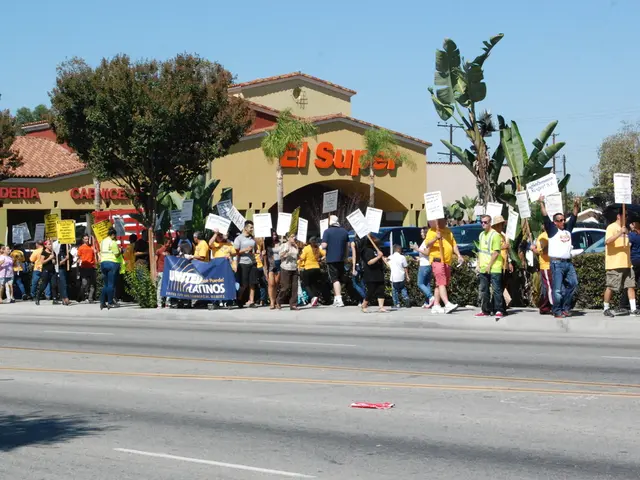Commemorating Hiroshima and Nagasaki: A Reflective Look Back at Nuclear Disasters
On August 6, 1945, the world witnessed the devastating impact of nuclear weapons when the United States dropped an atomic bomb on the city of Hiroshima. Three days later, Nagasaki was also targeted. These events, known as the bombings of Hiroshima and Nagasaki, were primarily motivated by the United States’ desire to end World War II quickly and assert its strategic dominance vis-à-vis the Soviet Union.
Japan had refused unconditional surrender despite massive conventional destruction, and the U.S. saw the atomic bomb as a means to break Japan’s will and hasten the war's conclusion. The bombings were also aimed at avoiding the high American casualties expected from a land invasion of Japan.
Furthermore, the Soviet Union’s entry into the war on August 8, 1945, played a critical role in Japan’s decision to surrender. The Soviet declaration of war closed the possibility of mediation, making unconditional surrender the only viable choice.
One book that has been a primer for many on the subject of nuclear weapons is "Hiroshima" by John Hersey. First published as a 30,000-word article in The New Yorker a year after the Hiroshima bombing, the book tells the stories of six survivors of the bombing, providing a deeply personal account of the event. J. Robert Parks, a former professor and frequent contributor to InContext: U.S. History and In Context: World History, enjoyed reading "Hiroshima" in his youth and still thinks about its impact many decades later.
The debate on whether the use of atomic bombs in Hiroshima and Nagasaki was justified has many implications for today. The book, which was checked out from the library and finished that night by the author, continues to be a significant work in understanding the history of nuclear weapons and their impact on humanity.
In addition to "Hiroshima", The Manhattan Project offers insights into the science behind nuclear weapons, while the Oscar-winning movie Oppenheimer explores the Manhattan Project, the effort to harness nuclear power for destructive purposes.
Recalling the bombings of Hiroshima and Nagasaki is important to remember those involved and the lessons learned. As we approach the 80th anniversary of these events, it is crucial to reflect on their impact and consider their relevance in today's world. Our company, In Context: World History, has numerous resources to educate about atomic weapons and their historical and contemporary significance.
Read also:
- Anticipated Arrival of Additional 150 Electric Buses by BVG Next Year
- Enhancing public transport: Novel advancements and refinements in Saudi Arabia's bus system
- Discussion: Strategies for enhancing the safety, speed, and efficiency of high-capacity 800V battery pack testing during a webinar
- Utilizing Artificial Intelligence for Colonoscopy Examinations: Is It Possible?








